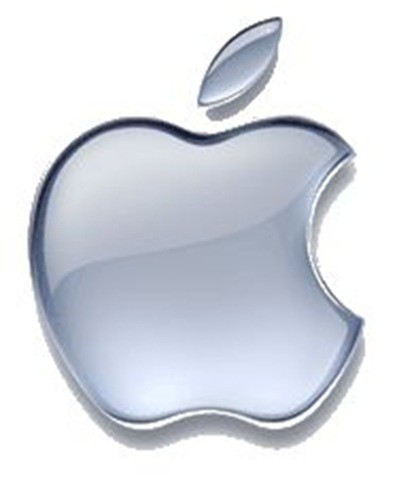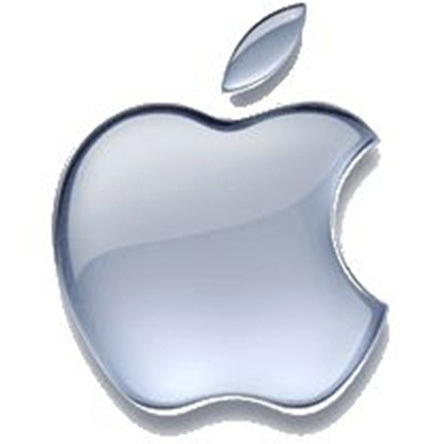iPhone announcements have caused Apple’s stock to drop significantly, as now seems to happen each yea r after a major Apple announcement. Pundits are angry at Apple for not reinventing the smartphone, claiming Apple’s glory days died with Steve Jobs. Many financial investors are mad at Apple for not introducing cheap iPhones that make no money but would radically grow its market share.
r after a major Apple announcement. Pundits are angry at Apple for not reinventing the smartphone, claiming Apple’s glory days died with Steve Jobs. Many financial investors are mad at Apple for not introducing cheap iPhones that make no money but would radically grow its market share.
Most of the commentary is just stupid.
Yes, the iPhone 5c is just the iPhone 5 in a colorful new case, to make last year’s model look new. That may be a smart sales strategy to goose demand in the U.S. where the $99 subsidized price will matter, but it’s just a sales strategy. Still, selling stuff is what a product company is supposed to do.
And yes, the iPhone 5s is a souped-up iPhone 5, but with two innovations that are underestimated. One is the move to a 64-bit processor (and a 64-bit OS), which sets the stage for Apple devices to replace PCs in the next few years, removing one of the performance caps in current models. (ARM, which designs the basic architecture used by Apple and others, is moving to 64-bit designs as well, but for servers first. So the 64-bit A7 is Apple’s early move on that trend in the mass market ARM isn’t focused on.) The performance gap between an iPad and a PC is already not that great; I bet it will disappear in a couple years.
The other is the M7 motion coprocessor, which people seem to have missed in the iPhone 5s analysis. It’s Apple’s entry into the wearables market. The very notion of a motion coprocessor is a radical one, and it says clearly that Apple believes in movement-tracking as a core capability. It debuts on the iPhone 5s, where it should enable a whole raft of medical and fitness sensors, as well as bolster navigation services and more. Apple is not alone in doing this; the Motorola X8processor package has a similar notion, except it takes the “big chipset” approach that will be harder to apply to small, wearable devices than a discrete coprocessor like the M7.
Everyone seems to want Apple to make a smart watch, but Apple is clearly building a strategy forpervasive wearables. My bet is that this is its next wave, and we won’t see it realized until Apple makes that shift with the equivalent of the first Mac, first iPod, first iPhone, or first iPad. But like any wave, it takes time to build, and the M7 is first visible ripple at Apple.
People also forget that Apple’s brand is not so much about technology innovation but innovation in service of user experience. People get addicted to the experience, not the specific technology enabling it. But most pundits are geeks who love technology, and forget that the rest of the world loves experience. Just think about a car: What ultimately matters is how it drives, and that’s what people focus on after the initial technology bamboozling has passed.
On the financial-strategy side, Apple is a company that makes lots of money, which is why companies are supposed to exist in the first place. In fact, it makes nearly half the PC industry’s profits with a Mac market share well under 10 percent, and three-quarters of the mobile device industry’s profits with a market share in the mid-teens. That’s an amazing feat.
Pundits also tend to forget history. In Apple’s early days, its Mac and Lisa computers were horribly expensive, and the cheaper-by-comparison IBM PC and then the clones left Apple in the dust. That memory fuels a lot of the cry for cheap, mass-market products. And Apple was way out of kilter in that era. But most people forget what happened next: Apple created Macs that were just like the PCs of the era, and they offended existing Mac customers due to their poor user experience and didn’t attract new customers because they were, after all, just PCs. The latter people kept buying regular PCs. I have no doubt that if Apple delivered a crippled iPhone to be cheap, it would damage its iPhone business immeasurably, and those folks looking for a $75 smartphone would still get a Nokia Asha or barely functional Android device.
I certainly don’t mean to suggest that Apple is doing everything right. And the geek in me would love a game-changing iPhone. But if Apple starts basing its technology and product strategy based on tech bloggers’ and financial analysts’ advice, it’d be out of business soon. Most spew nonsense, and shouldn’t be listened to. Apple is about the highly profitable, highly addictive long term — which means we can’t tell if it’s doing the right thing. But we can know that asking it to be shortsighted is a waste of time. If Apple fails, it’ll be doing so on its own terms, not ours.









